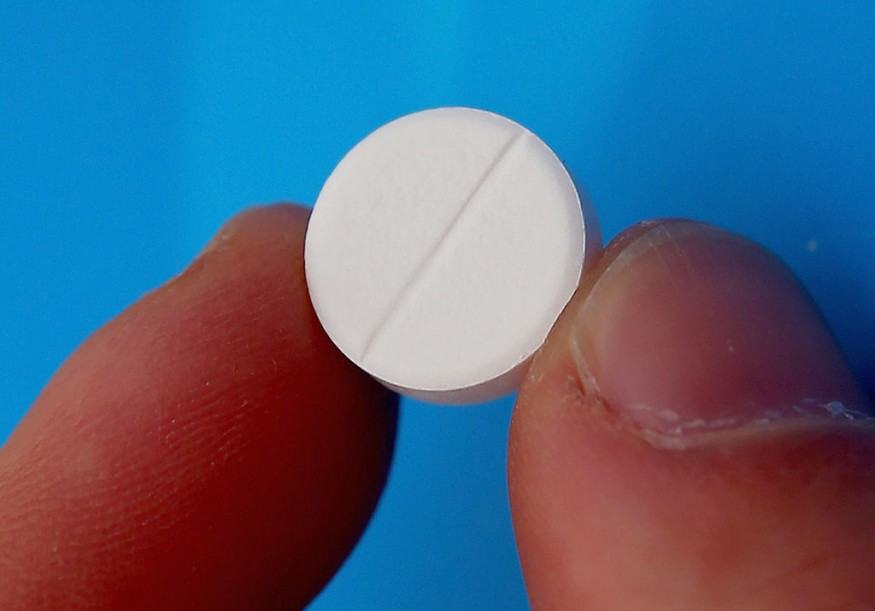A human mind is a powerful tool, so powerful that even though it is aware that the body is receiving a placebo drug, the can convince the body that it is getting proper treatment. Why is the placebo-effect so powerful and continues to be used in today's treatments?
The placebo effect goes back to the 16th century when European Catholics gave demon-possessed people false holy objects. If the person reacted violently during the face exorcism, it meant that the possession was not real either.
During the 18th century, John Haygarth, an English physician, experimented with a form of treatment called "Perkins tractors" or two metallic rods designed to treat diseases. Haygarth, thinking that the rods were unnecessarily costly, compared medical results with a pair of dummy wooden pointers. This was the first demonstration of the placebo effect.
Later on, in the early 1900s, the placebo effect was declared deceptive and unethical by Richard Cabot, an American physician. He said that it would be more appropriate if physicians using the placebo effect for medicinal uses to be open, honest, and believe it its potential healing effect.
Placebo-Effect For Medical Uses
Using placebo drugs was first defined by T.C. Graves in 1920. 13 years later, physicians from the Royal London Hospital experimented with 90 volunteers comparing an active drug and a placebo drug. Results showed no significant differences in treatments.
Professor Ted Kaptchuk from Beth Israel Deaconess Medical Center explained that the placebo effect is beyond positive thinking, but believing in a type of treatment or procedure. "It's about creating a stronger connection between the brain and body and how they work together."
In recent years, researchers no long resorted to deceiving people in clinical trials, who were told if they would receive real treatment or a placebo. In 2010, a study from Harvard Medical School showed that participants who received open-label placebo treatment for irritable bowel syndrome showed signs of improvement.

Emotional Response to Placebos
A study from July this year by the University of Michigan involved people receiving placebos without deception. The researchers concluded, "that placebos administered without deception can help people manage a variety of highly distressing clinical disorders and nonclinical impairments."
Researcher Darwin Guevarra was also previously involved in non-deceptive placebo research involved patients diagnosed with major depressive disorder. He believes that transparency with using placebo treatment is one method of addressing mental health disorders, especially in the context of regulating emotions.
He said, "Emotions robustly respond to [expectations]. That's why we thought that this was the best domain to look at."
During the study, 62 college students were divided into two groups. The first group read about the placebo effect and told that they would receive placebo treatment while the second group read about pain management and weren't informed about their treatment.
They both received saline solution while the deceived group were told they would have better physiological recordings. When asked to rate images of open injury, the deceived group had greater levels of distress.
Next 198 college students underwent the same experiment but had their brain activity measured with an EEG, which revealed levels of late positive potential or how the brain responds to an emotional stimulus. Results revealed that the saline spray worked to control emotional distress even when participants were aware that they received a placebo.
Luana Colloca, a physician from the University of Maryland, had formerly deceived her patients by lying about administering placebos. Someday, people may be able to go to pharmacies and ask for a placebo drug.
Read Also : Can Turmeric Help People With Schizophrenia?
Check out more news and information on Treatments on Science Times.










